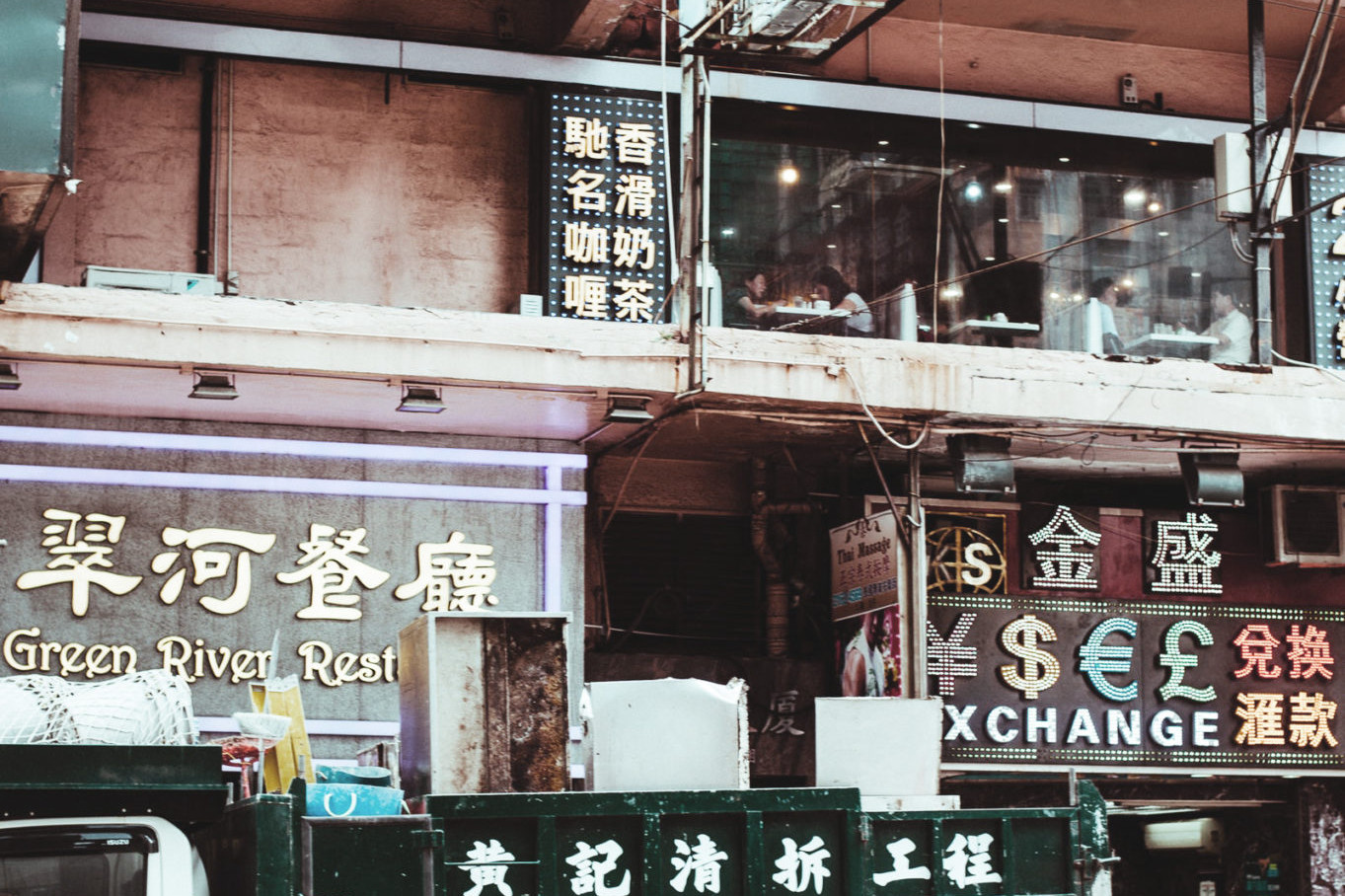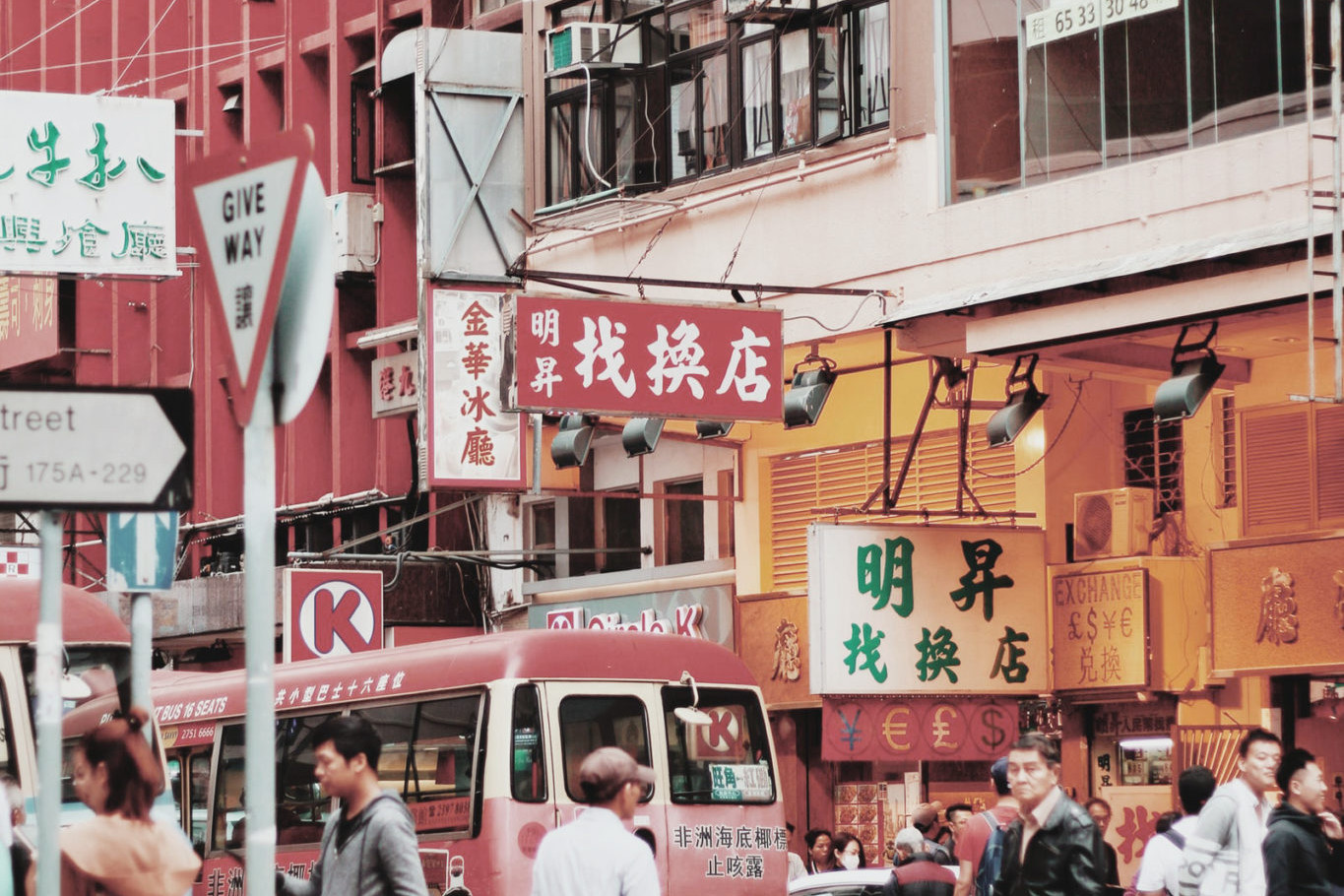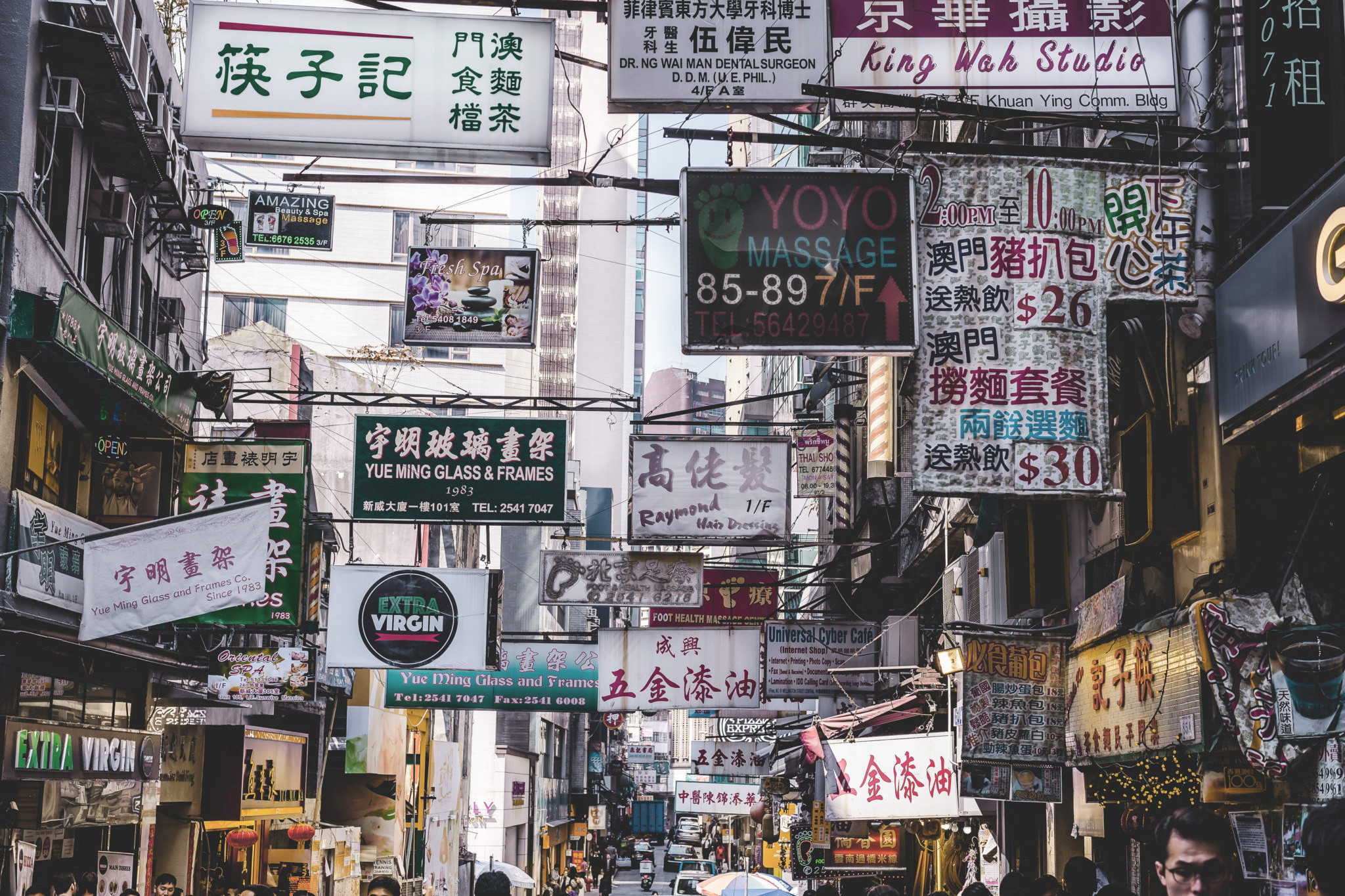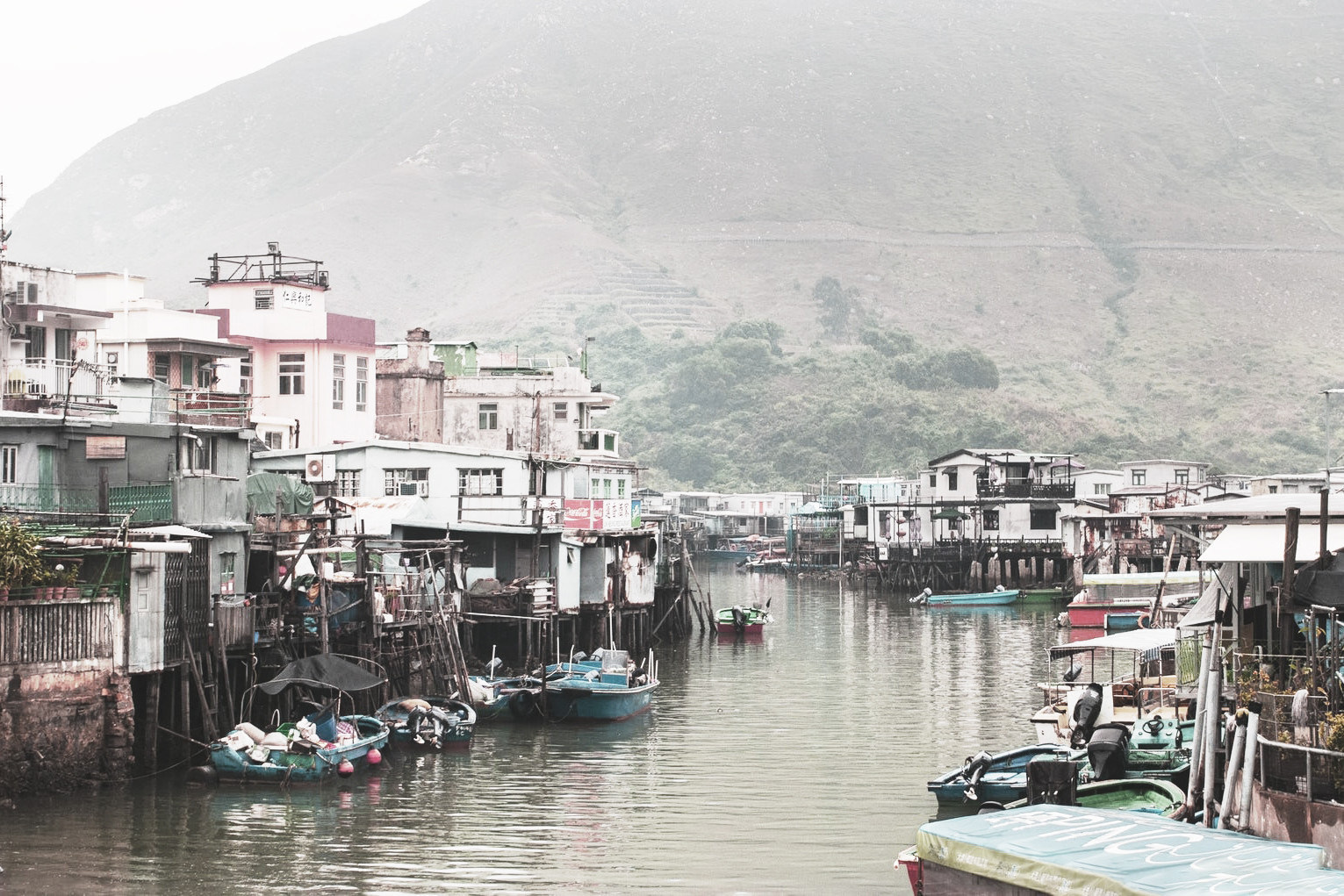Hong Kong, officially the Hong Kong Special Administrative Region of the People’s Republic of China (HKSAR), is a special administrative region of China on the eastern side of the Pearl River estuaryin southern China. With over 7.4 million people of various nationalities in a 1,104-square-kilometre (426 sq mi) territory, Hong Kong is the world’s fourth-most densely populated region.
First impressions.
Hong Kong became a colony of the British Empire after Qing China ceded Hong Kong Island at the end of the First Opium War in 1842.[16] The colony expanded to the Kowloon Peninsula in 1860 after the Second Opium War, and was further extended when Britain obtained a 99-year lease of the New Territories in 1898. The territory was returned to China when the lease expired in 1997. As a special administrative region, Hong Kong maintains separate governing and economic systems from that of mainland China and its people overwhelmingly identify as Hongkongers rather than Chinese.
Architecture.
Hong Kong has the world’s largest number of skyscrapers, with 317 towers taller than 150 metres (490 ft), and the third-largest number of high-rise buildings in the world. The lack of available space restricted development to high-density residential tenements and commercial complexes packed closely together on buildable land. Single-family detached homes are extremely rare, and generally only found in outlying areas.
Main article: Architecture of Hong Kong
See also: List of tallest buildings in Hong Kong
Demographics.
The Census and Statistics Department estimated Hong Kong’s population at 7,448,900 in mid-2018. The overwhelming majority (92 per cent) is Han Chinese, most of whom are Taishanese, Teochew, Hakka, and a number of other Cantonese peoples. The remaining eight per cent are non-ethnic Chinese minorities, primarily Filipinos, Indonesians, and South Asians. About half the population have some form of British nationality, a legacy of colonial rule; 3.4 million residents have British National (Overseas) status, and 260,000 British citizens live in the territory.
The vast majority also hold Chinese nationality, automatically granted to all ethnic Chinese residents at the transfer of sovereignty.








